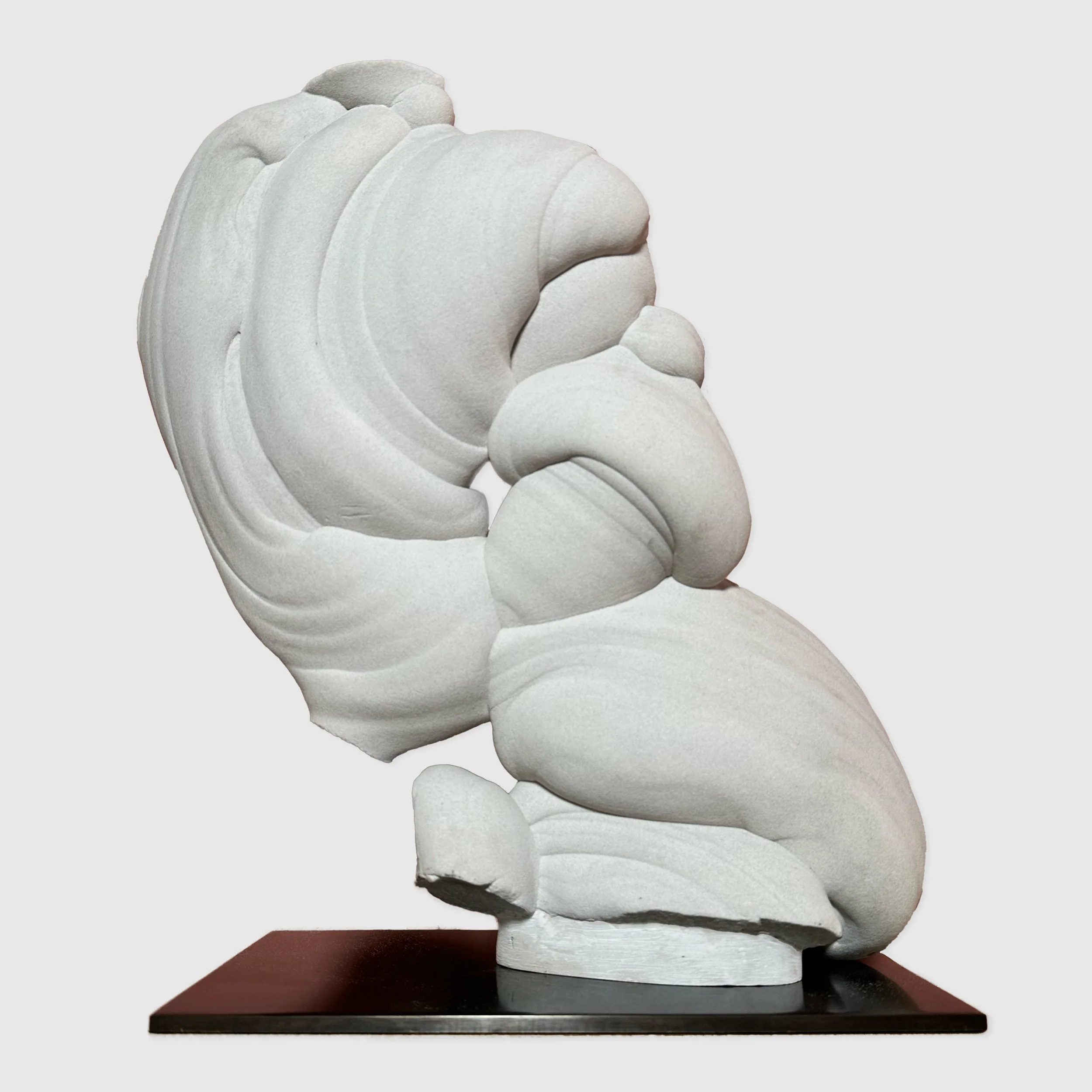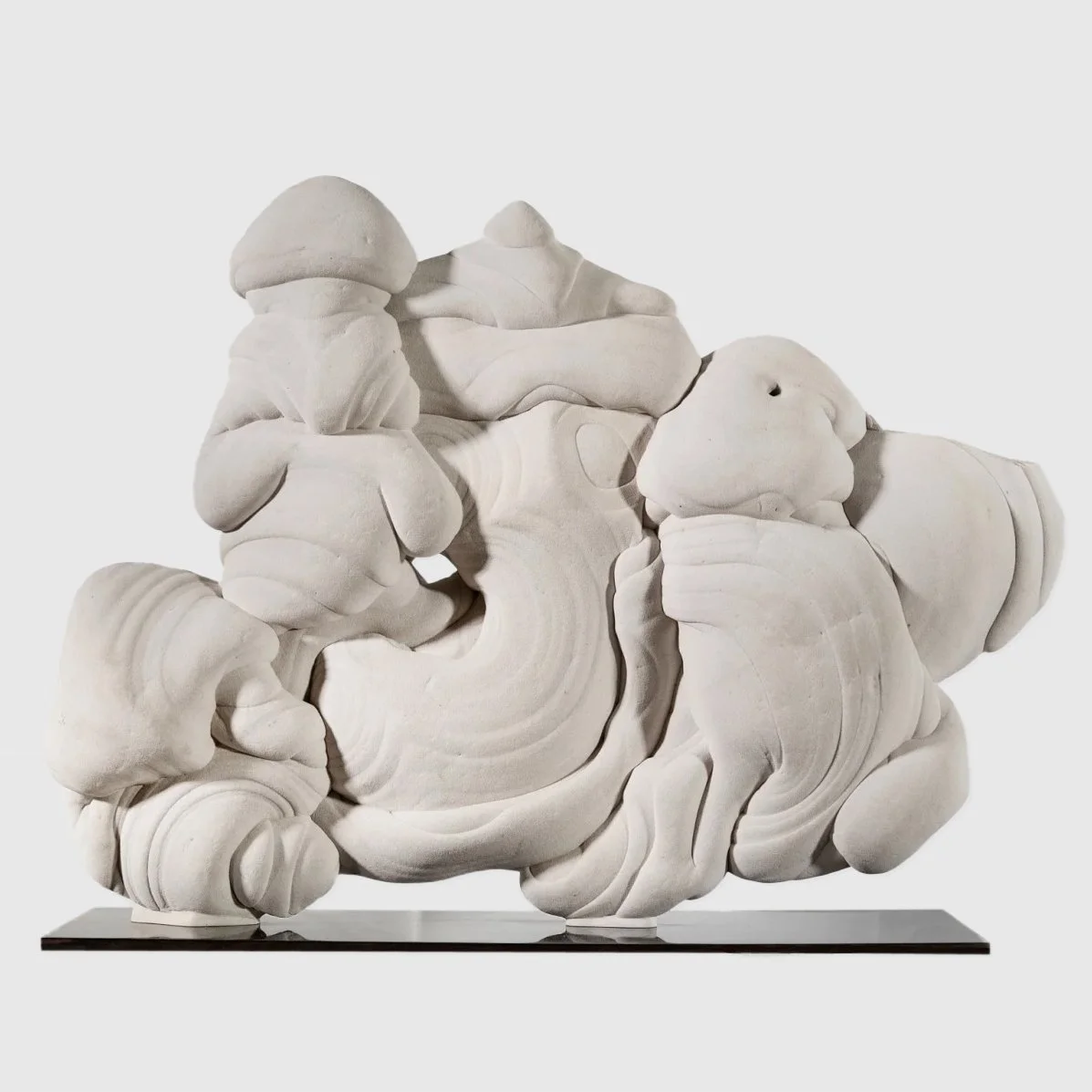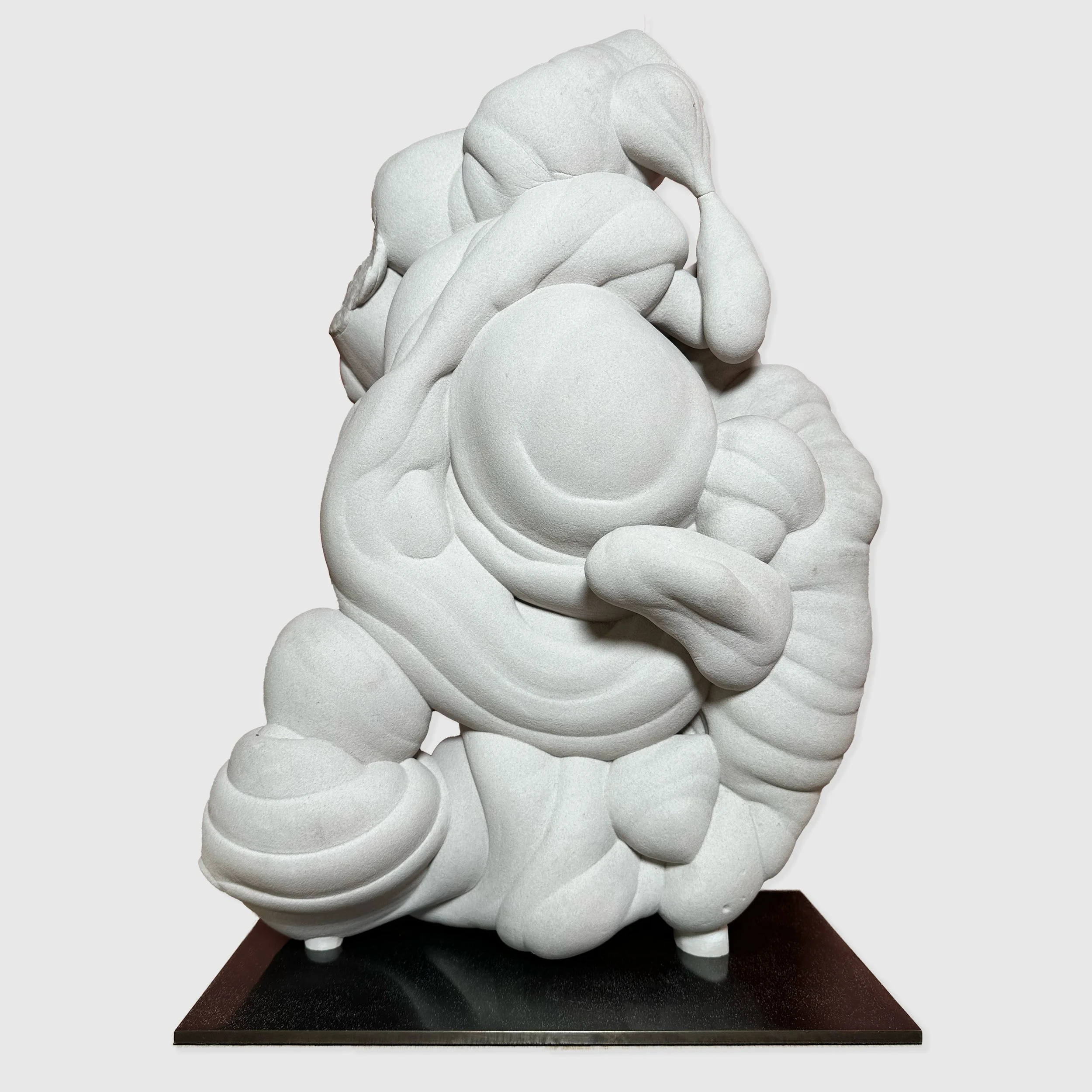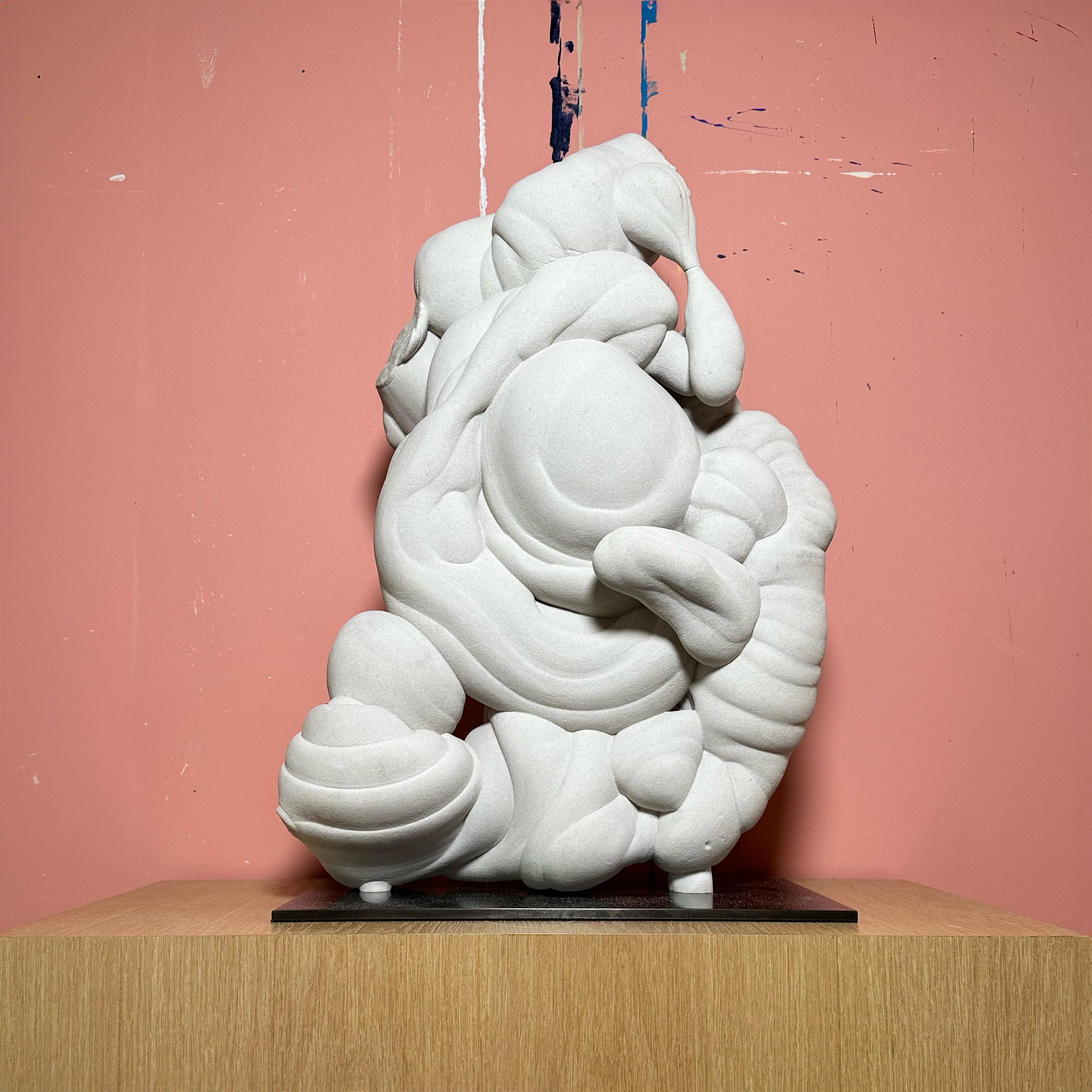Amethyst Crystal

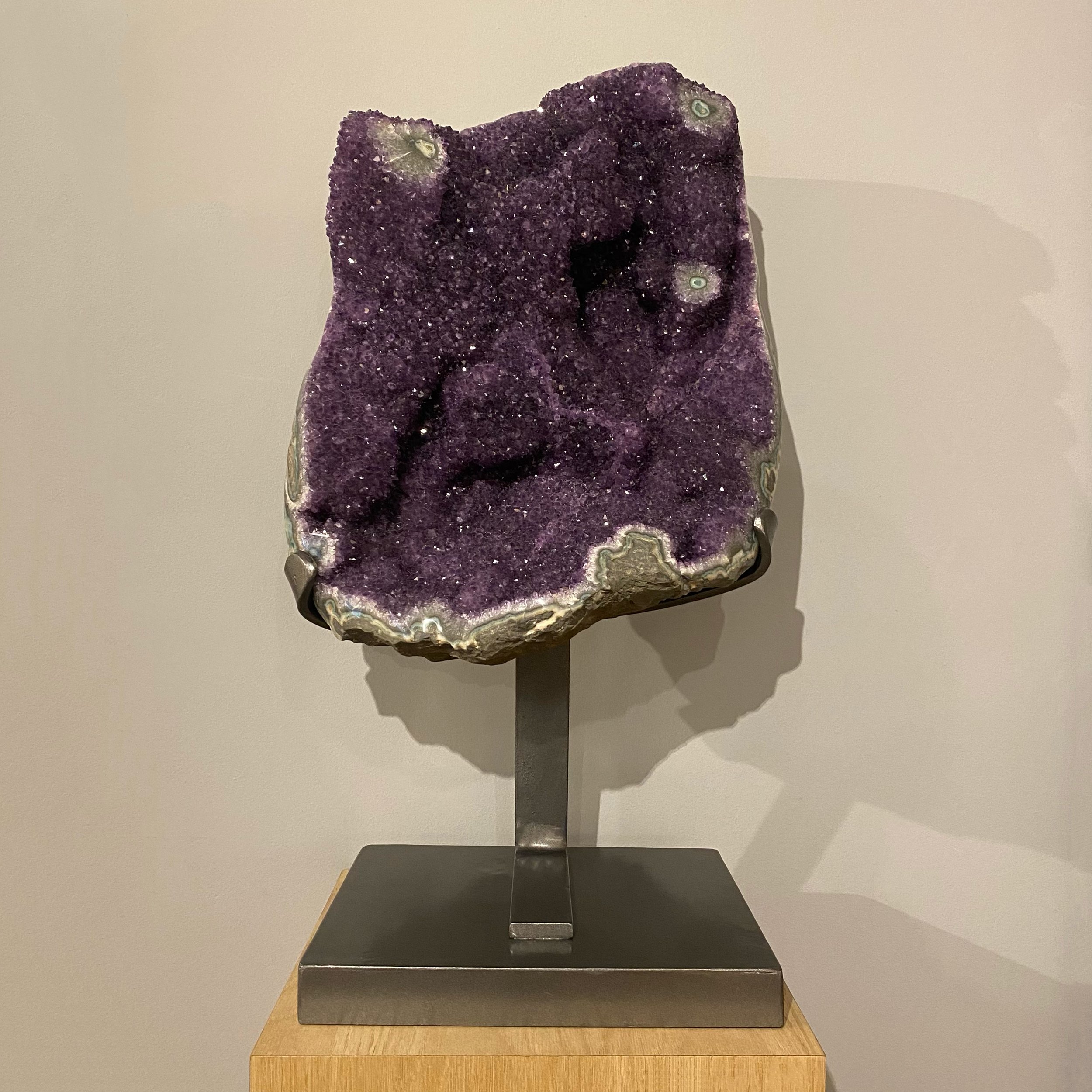
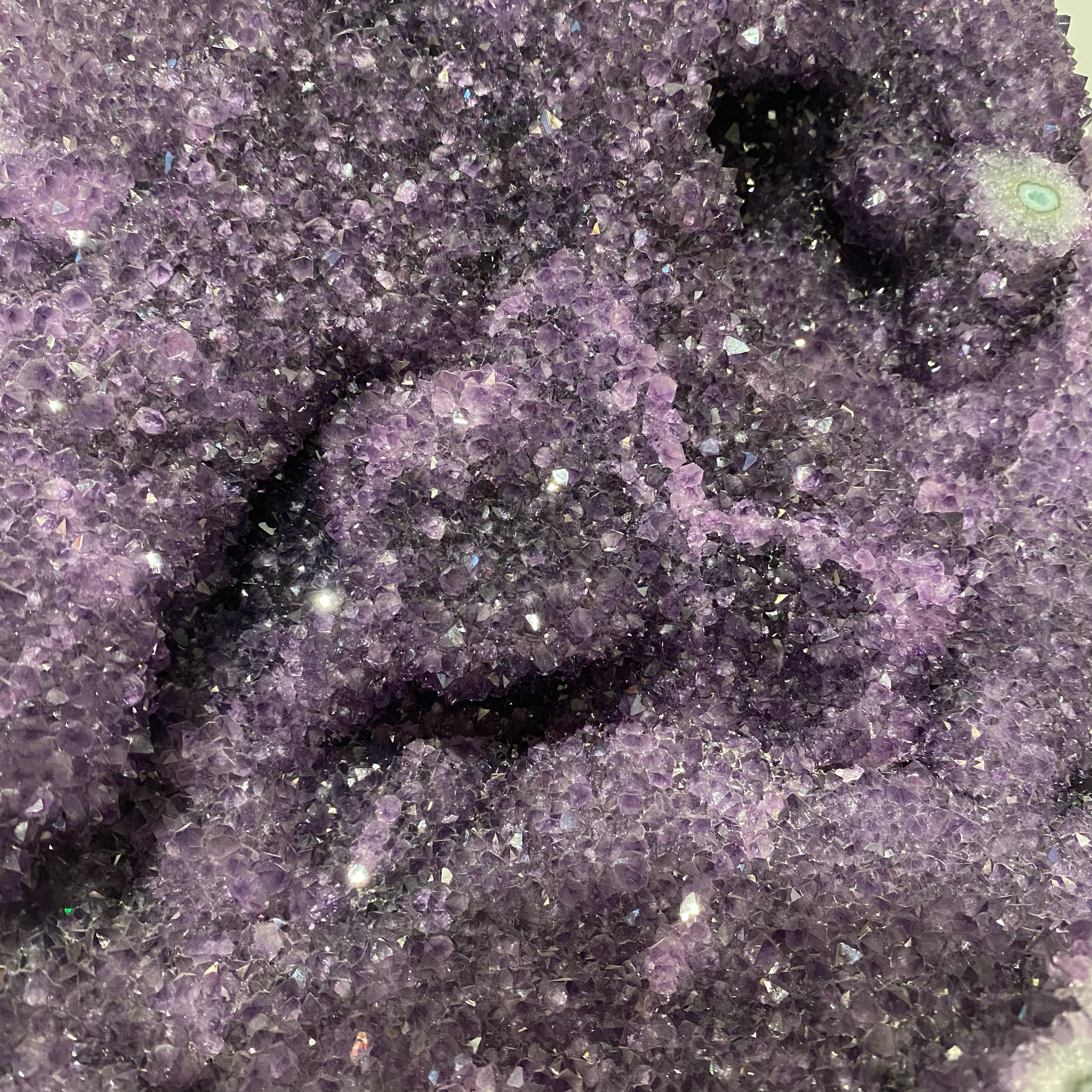
Amethyst Crystal
Amethyst Crystal
Crystal formation
130 million years old
63 x 28 x 9 cm
Rio Grande do Sul, Brazil
£2,750.00
A member of the quartz mineral family, amethyst is known for its vivid purple colour. It is formed by volcanic or hydrothermal activity deep within the Earth's crust, where molten rock, or magma, cools and solidifies underground, forming pockets of hot fluids that are rich in dissolved minerals. These mineral-rich fluids seep into pre-existing rock formations, leaving behind quartz crystals and other minerals, such as iron.
The purple hue of amethyst is attributable to the presence of trace quantities of iron and manganese in the crystal lattice. The exact content of amethyst can vary based on the individual deposit and the conditions under which it originated, but the underlying chemical formula stays the same.
The name ‘amethyst’ comes from the Greek word ‘amethystos,’ which means 'a remedy against drunkenness' and is thought to be a result of the gem's purple colour resembling the look of red wine.


